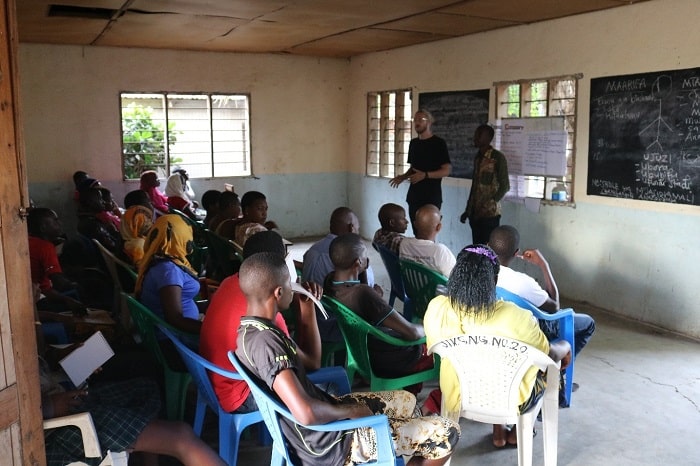Celebrating International Day of Forests in Rural Tanzania
Natural forests: What’s happening in Tanzania?
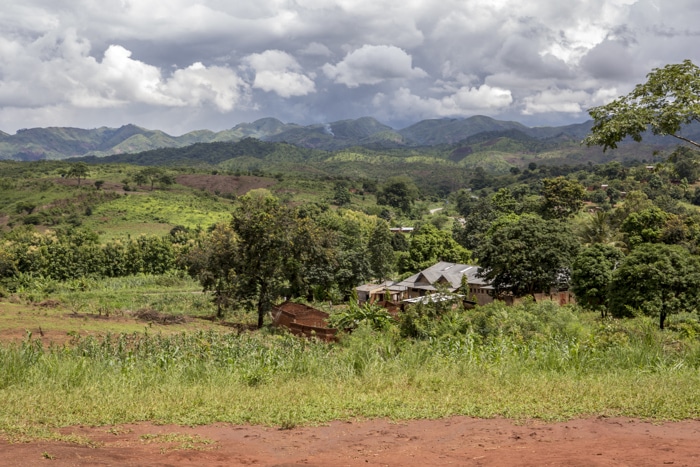
We deliver an ICS Livelihoods programme which is aimed at supporting Tanzanian youth and – as defined by the government – this is anyone between the ages of 15 and 35. One of the biggest threats to rural livelihoods is the increasing competition between humans, livestock, wildlife and crop cultivation for land and resources.
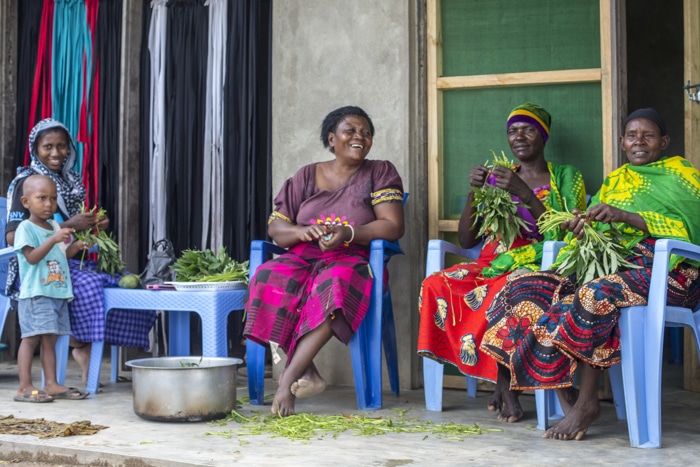
There is a huge amount of strain on the availability of viable agricultural land (Bureau of African Affairs, 2015) and the rapid growth of human population and the continued expansion of human and agricultural activities is a significant contributory factor to rural land degradation. In addition, rural farmers are increasingly faced with challenges associated with climate change (unreliable rains and change of rainfall pattern), unreliable markets and prices for the produce, increasing cost of farm inputs and declining soil fertility. All of these factors reduce the profitability of agriculture as a livelihood and put severe strain on rural populations who rely on agriculture for subsistence survival.
In Rudewa Gongoni we are promoting sustainable charcoal and timber as livelihoods opportunities for Tanzanians living in rural areas like Kilosa District, Morogoro.
We’re working with project partner Tanzania Forestry Conservation Group
‘Save a tree, to save you in the future.’ In Kiswahili this translates as ‘utenze mti, ukutunze baadaye.’
– Tanzanian proverb.
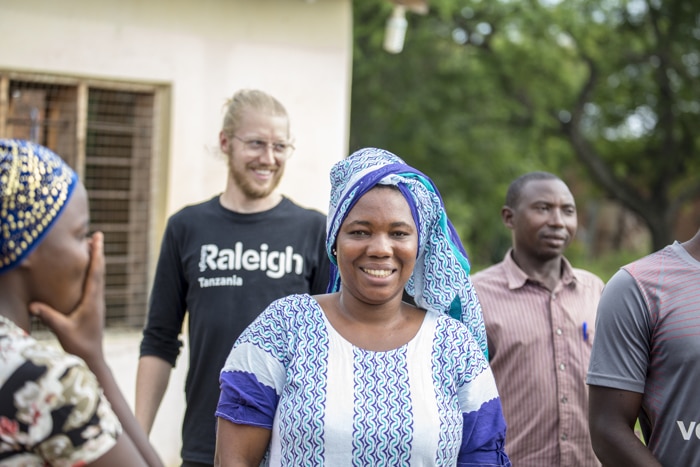
Tanzania Forestry Conservation Group (TFCG) are our main project partner for this Livelihoods programme. They are the largest NGO in Tanzania specialising in protection of natural forests. Specifically, they aim to promote sustainable charcoal and timber as livelihoods opportunities for Tanzanians living in rural areas like Kilosa District. TFCG incentivise communities to benefit from their natural resources whilst promoting sustainable forest management to help reduce deforestation. By delivering training on the financial benefits of sustainable charcoal, they help to improve rural livelihoods and increase resilience to climate change.
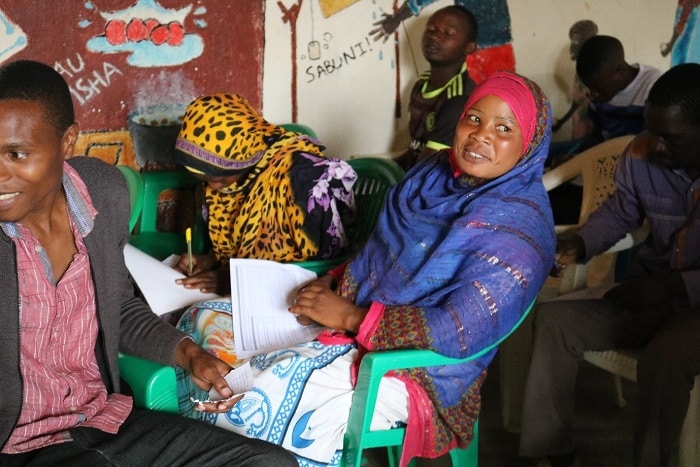
Tanzania Forestry Conservation Group have been working in Rudewa Gongoni since 2016 as part of their 5-year project in Kilosa District. They have completed the initial stages of their own programme and are ready to start producing charcoal from the village land forest reserves. This means that it is an ideal time for young entrepreneurs in Rudewa Gongoni to start up sustainable charcoal businesses. By working closely with TFCG we can help facilitate training for young Tanzanians, showing them how to make the most out of their natural resources in a sustainable way.
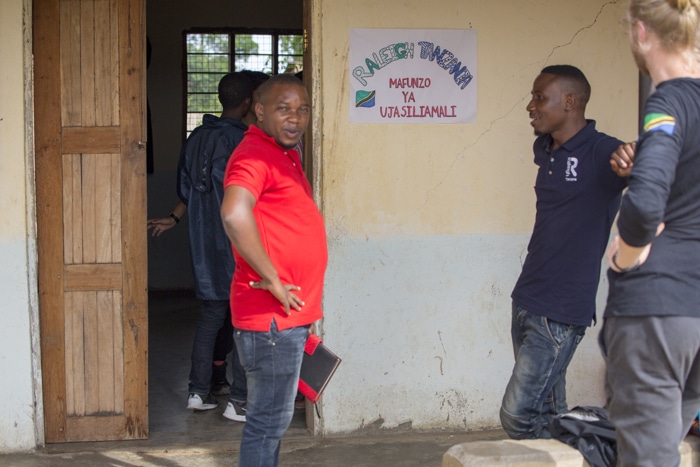
Launching successful, sustainable businesses
So far, over 100 young people sign up for the training in Rudewa Gongoni. We are busy planning training sessions with TFCG to deliver to the young entrepreneurs. By the end of the training we aim to have at least 15 young people launch their own business ideas.
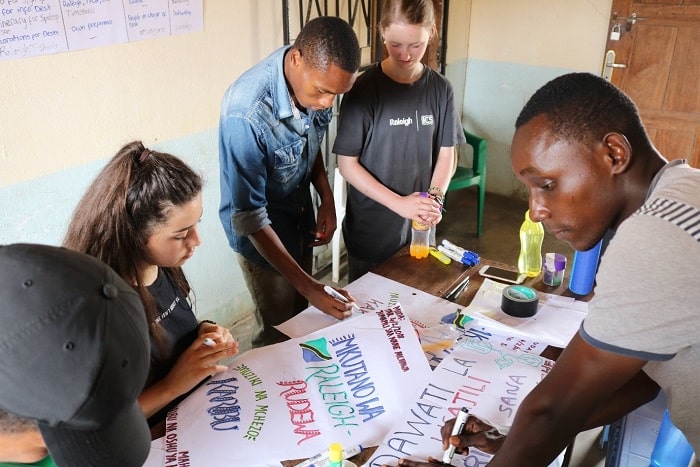
We hope to leave a lasting impact on this community who live close to forests under threat. TFCG believe that communities are best-placed to manage their own resources. To that end, together with TFCG we have set up a business school which will be run by teachers once we leave. The business school promotes natural resource management so that young people of the future can begin the entrepreneurship journey in a sustainable way.
International Day of Forests marks our motivation, dedication and excitement in creating a lasting impact in this community. Follow us on Facebook and Instagram to see our progress across all of our programmes.
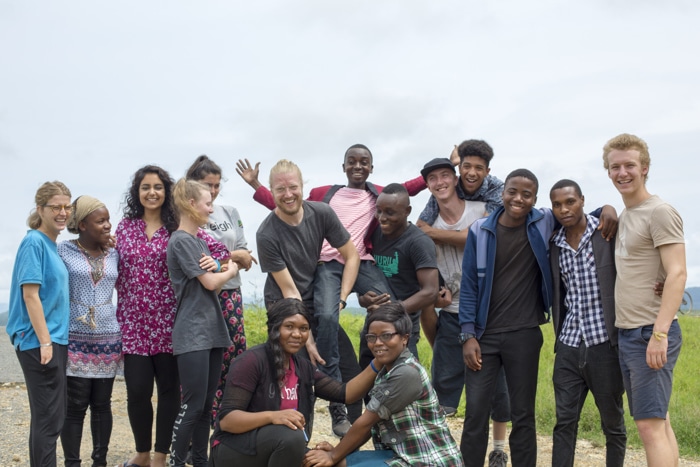
Words by Nadeshda Ney, Farzana Patel, Faith Bailey, Larelle Flowers, Joyce Sandali, Adam Watson and Emily Rainbow. Edited by communications officer Rebbie Webb. Photos by photographer Hilary Sloane and volunteer Nicholas Wood.
